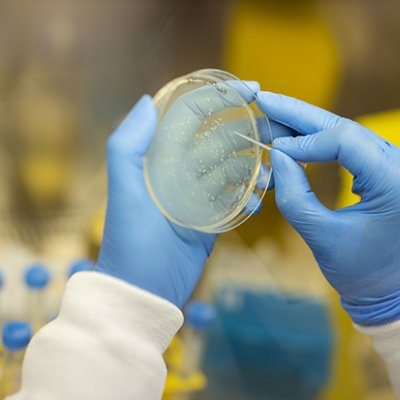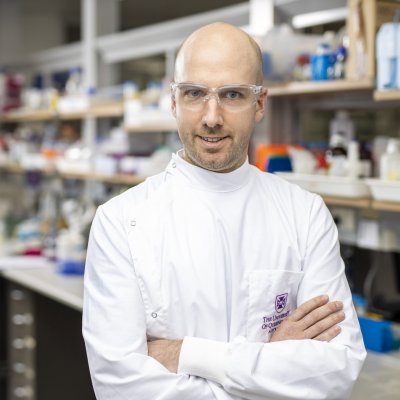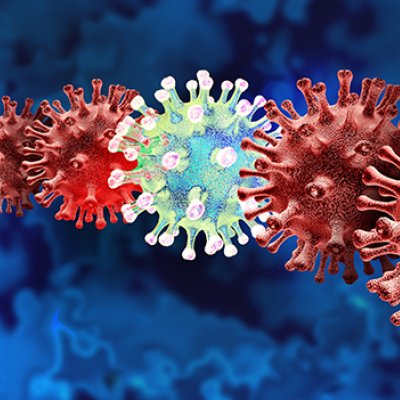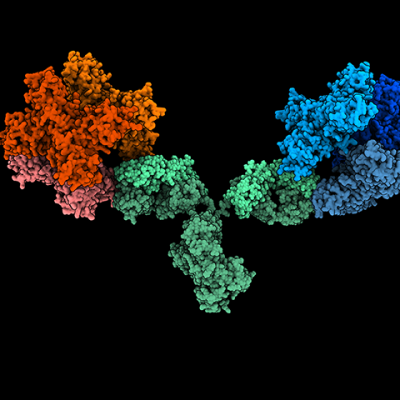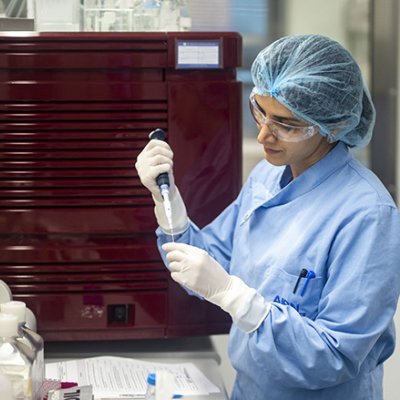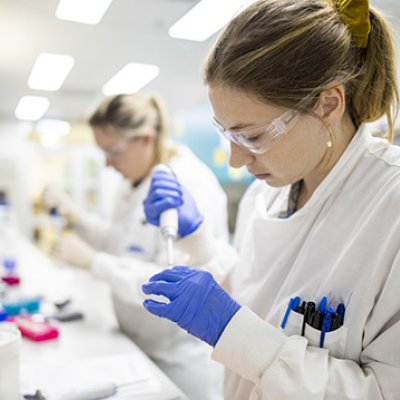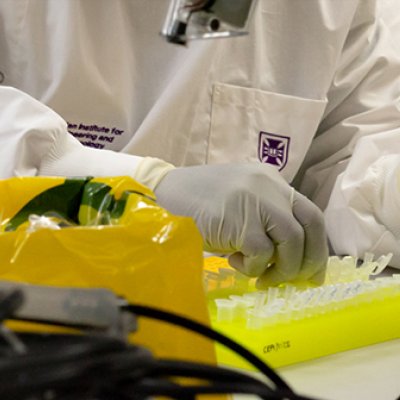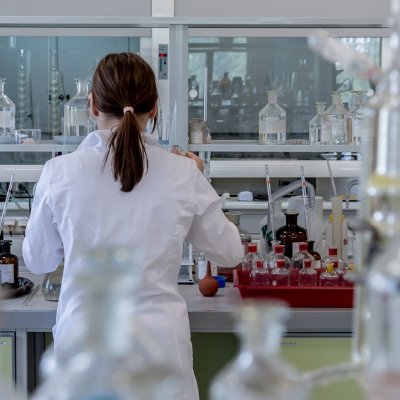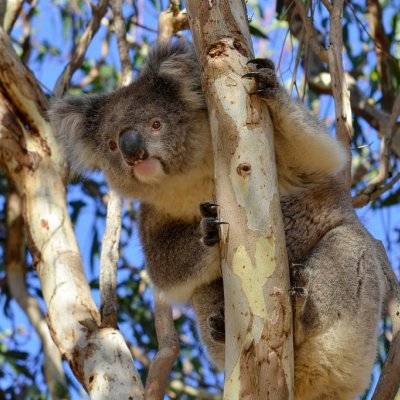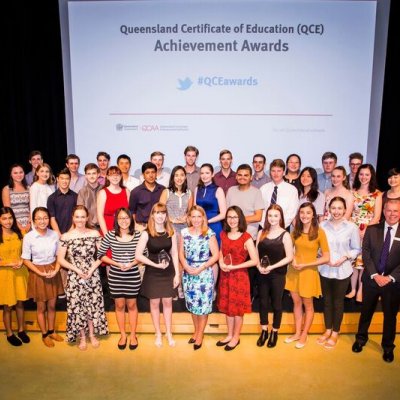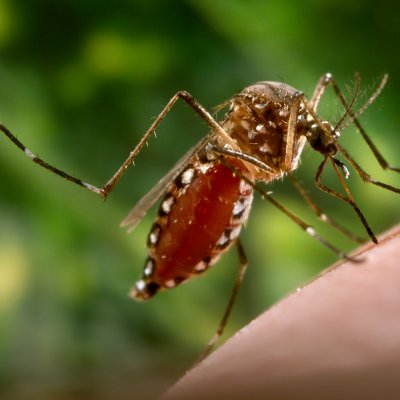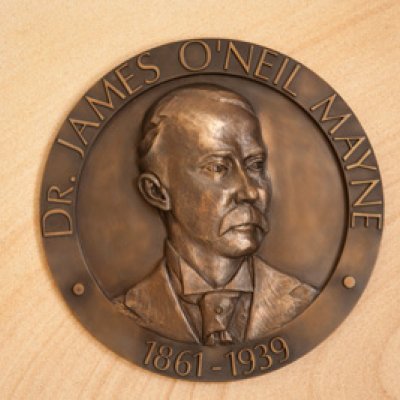The University of Queensland has been selected as one of the first launch institutions in the world to partner with biotechnology company Moderna to research and develop vaccines to tackle the world’s greatest global public health threats.
10 March 2022The University of Queensland’s Associate Professor Dan Watterson has been awarded a $1.25 million CSL Centenary Fellowship to research accelerated pandemic treatments.
28 October 2021Variants of viruses such as that causing COVID-19 can now be quickly studied in the laboratory, even before they emerge in nature and become a major public health challenge.
9 June 2021New treatments to cut the global death rate from dengue, Zika and West Nile viruses could result from research led by The University of Queensland.
8 January 2021The University of Queensland’s COVID-19 vaccine has passed another important milestone, showing the ability to raise high levels of antibodies that can neutralise the virus in early pre-clinical testing.
29 April 2020The University of Queensland’s potential COVID-19 vaccine is entering an important new phase of testing with the live coronavirus to determine how effectively it induces protection against coronavirus infection.
9 April 2020The University of Queensland has been asked to develop a vaccine for the recent coronavirus outbreak at unprecedented speed, using new technology.
24 January 2020The world’s next big medical breakthroughs could be in the hands of four University of Queensland researchers, announced as National Health and Medical Research Council Development Grant recipients.
29 August 2018A koala virus could help researchers explain millions of years of accumulated ‘junk’ DNA in the human genome.
8 August 2018Minimising the impact of viruses upon the pig industry is a major objective of a $3.83 million grant to international scientific collaborators, including a team from Queensland.
30 August 2017Aiming to demonstrate science’s crucial value to the world, University of Queensland researchers will hit the streets on Saturday in the March for Science.
19 April 2017The University of Queensland is the university of choice for more than half of Queensland’s top performing secondary school students.
21 February 2017Clinical trials for a dengue fever treatment could start within a year, following a discovery by University of Queensland scientists.
10 September 2015A collaborative research project aimed at discovering a drug to treat a highly resistant form of breast cancer is one of two projects given the green light by the Queensland Emory Development (QED) Alliance.
7 November 2013Cutting-edge research that aims to stop the transformation of healthy cells into cancerous cells is one of nine prestigious grants and scholarships awarded to health and medical researchers at The University of Queensland (UQ).
15 December 2011UQ’s top nursing and midwifery staff and students have an extra reason to celebrate tomorrow’s International Nurses Day - they have just been recognised for their outstanding contributions to academic learning and teaching excellence
11 May 2011The University of Queensland now has a new monument commemorating one of its first benefactors, Dr James O'Neil Mayne.
21 October 2010